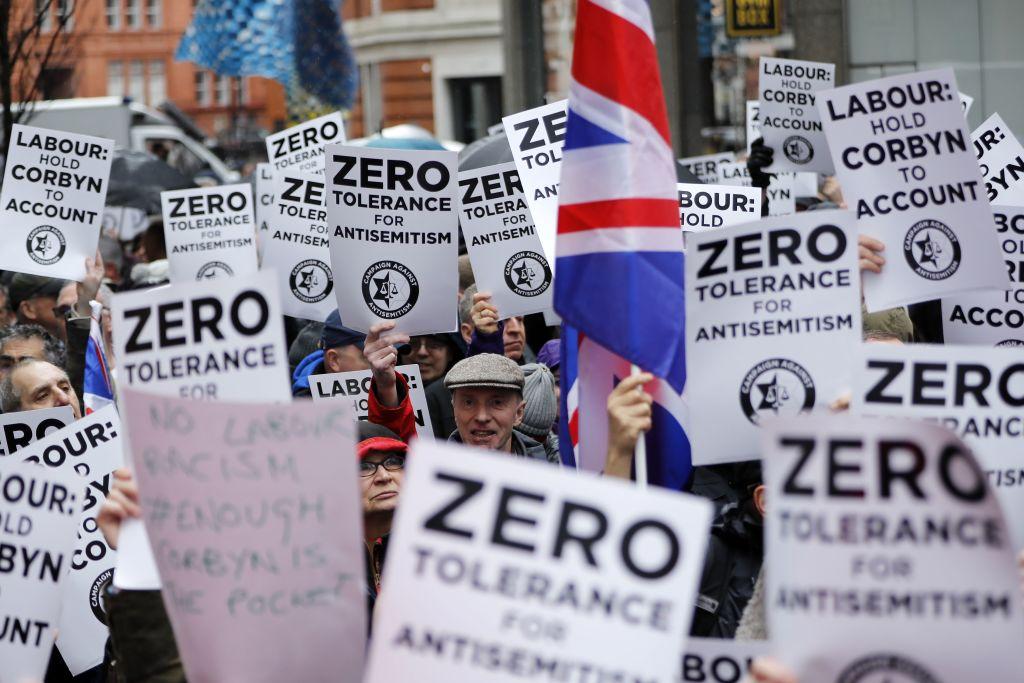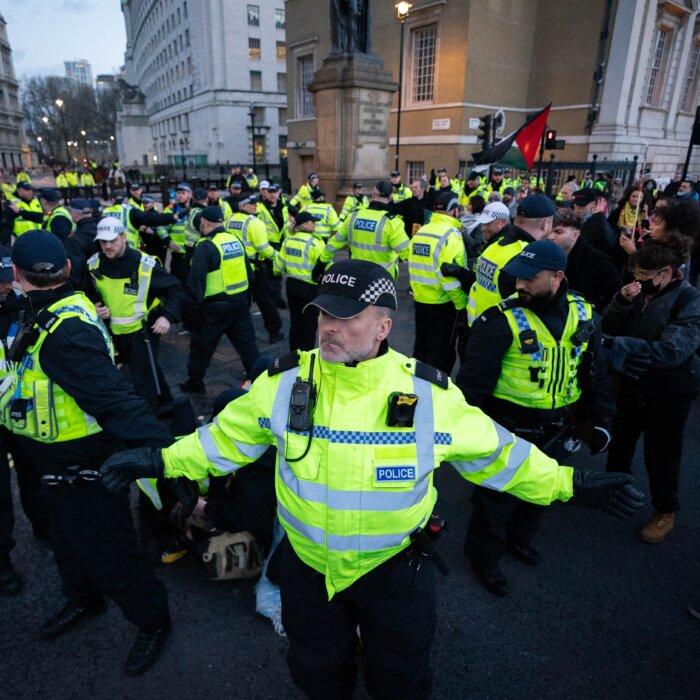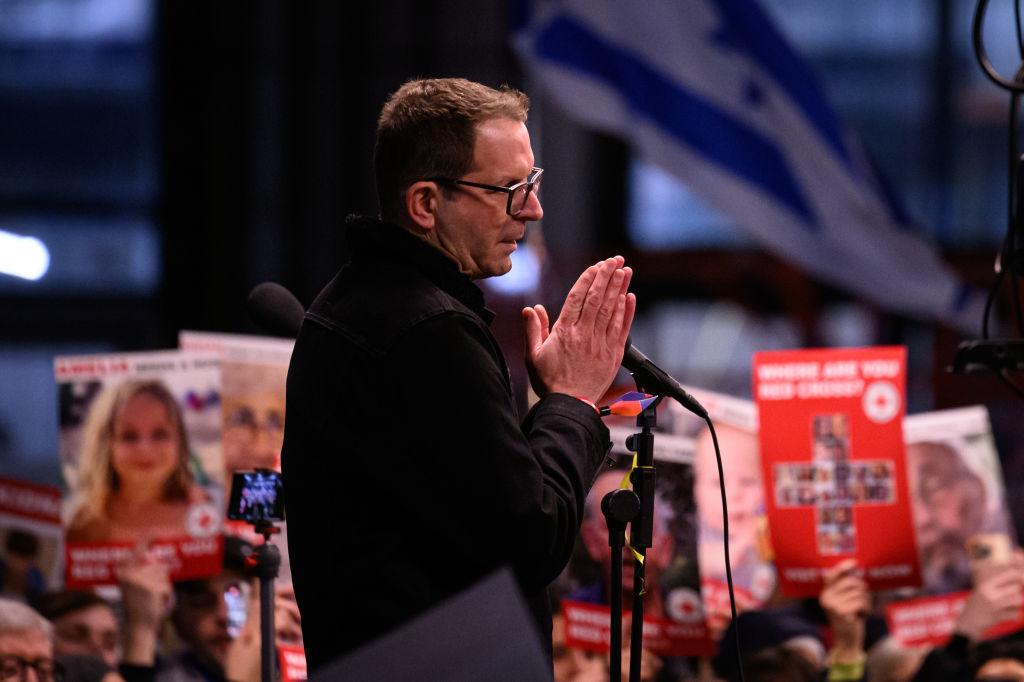A Conservative MP has told a debate in Parliament how the “one-sided” coverage of the Israel-Hamas conflict by the BBC and other media outlets has fuelled anti-Semitism.
He said since Hamas terrorists crossed the border from the Gaza Strip into Israel and murdered 1,200 civilians—including several children—there had been a rise in the levels of hostility toward Israel, which has launched a military offensive against Hamas in Gaza.
Mr. Percy, who is Jewish and vice-chair of the Conservative Friends of Israel, said, “Israelophobia is anti-Semitism pure and simple.”
He said: “Israelophobia ... is institutionalised in parts of our media.”
Mr. Percy, who is the MP for Brigg and Goole in East Yorkshire, said he had always been a big supporter of the BBC but he added: “But I have serious concerns about some of the coverage. We have seen how Israel has been singled out for special treatment and I believe that that is directly putting Jews in this country at risk.”
Referring to the explosion at the Al-Ahli Hospital on Oct. 17, in which hundreds of people died, he said an “unverified claim” about it being caused by an Israeli air strike went out on social media, with push notifications, when it turned out the blast had been caused by a faulty Hamas missile.
“It is no wonder that 75 percent of British Jews consider the BBC bias in its coverage of this conflict,” said Mr. Percy.
‘Institutionalised Israelophobia in the BBC’
Mr. Percy said: “These are the things that have gone on in our media. Is it any wonder that Jew hate has been fuelled in this country? We have institutionalised Israelophobia in the BBC and in other parts of our media and it needs to be called out.”He said: “Israelophobia is now ingrained at every level of British society. We find it in academia, university lecturers, it is tolerated it seems in schools, it’s promoted by ignorant football pundits, senior professionals, actors and I’m sorry to say it is given succour in parts of the British media.”
‘One Degree of Separation’
The Labour MP for Warrington North, Charlotte Nichols, who is also Jewish, said: “The devastating attack on Oct. 7 is one that has had a far-reaching impact on the Jewish community in the UK, not least because its scale means that most of us are only one degree of separation from someone killed, taken hostage or otherwise impacted but because of the huge surge in anti-Semitism that has so shamefully followed it.”Liz Twist, Labour’s shadow communities minister, said the Community Security Trust had recorded more than 2,000 incidents of anti-Semitism between Oct. 7 and Dec. 13, including 95 assaults and 165 direct threats and police forces around the country, “have similarly recorded spikes in anti-Semitic offences.”
She added: “No police figures fully capture the deep and tangible impact these incidents are having on the Jewish community as a whole.”
Lee Rowley, a junior minister in the Department for Levelling Up, Housing and Communities, responded for the government.
He said acts of anti-Semitism had been “dressed up” as something else in recent months.
“It might be shrouded in a plaintive sense of emotion, it might be a preamble of obfuscation or confusion, it might be an inaccurate reference to fighting for something else, it might be the imposition of a horrifying hierarchy, where Jewish deaths, Jewish injuries, Jewish blood appear to be less important than any other,” Mr. Rowley said.
“But if it walks, talks and acts like it will be, and it probably is, it is anti-Semitism,” he added.
Mr. Rowley said Britain was a great country and was so much more than the “isolated ugliness” which has been seen since Oct. 7.
The Conservative MP for West Bromwich East, Nicola Richards,who organised the debate, thanked all those who attended and said, “The commitment from this government to stamp out anti-Semitism has always been a priority, and I’m very proud of that.”







